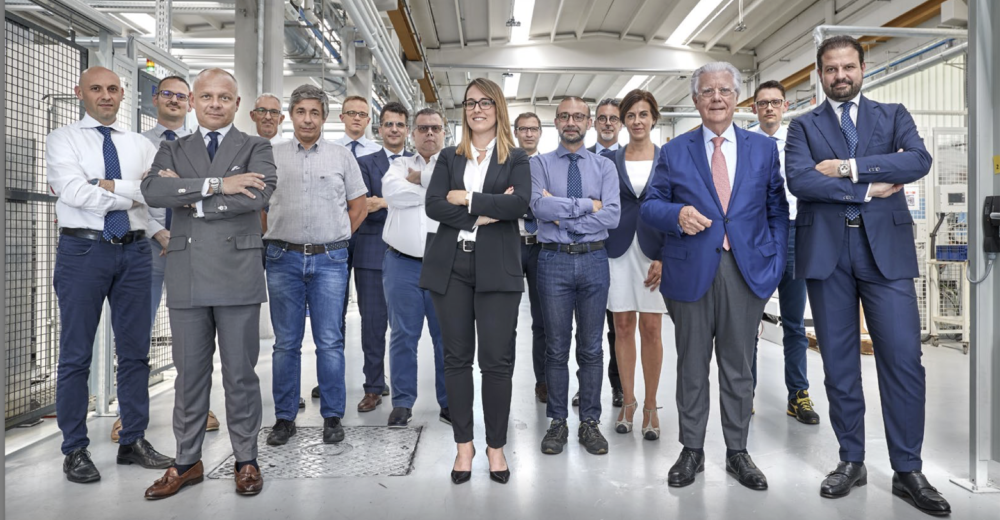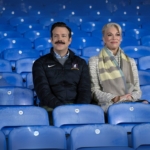Planning in dynamic contexts: the Tecnopool case
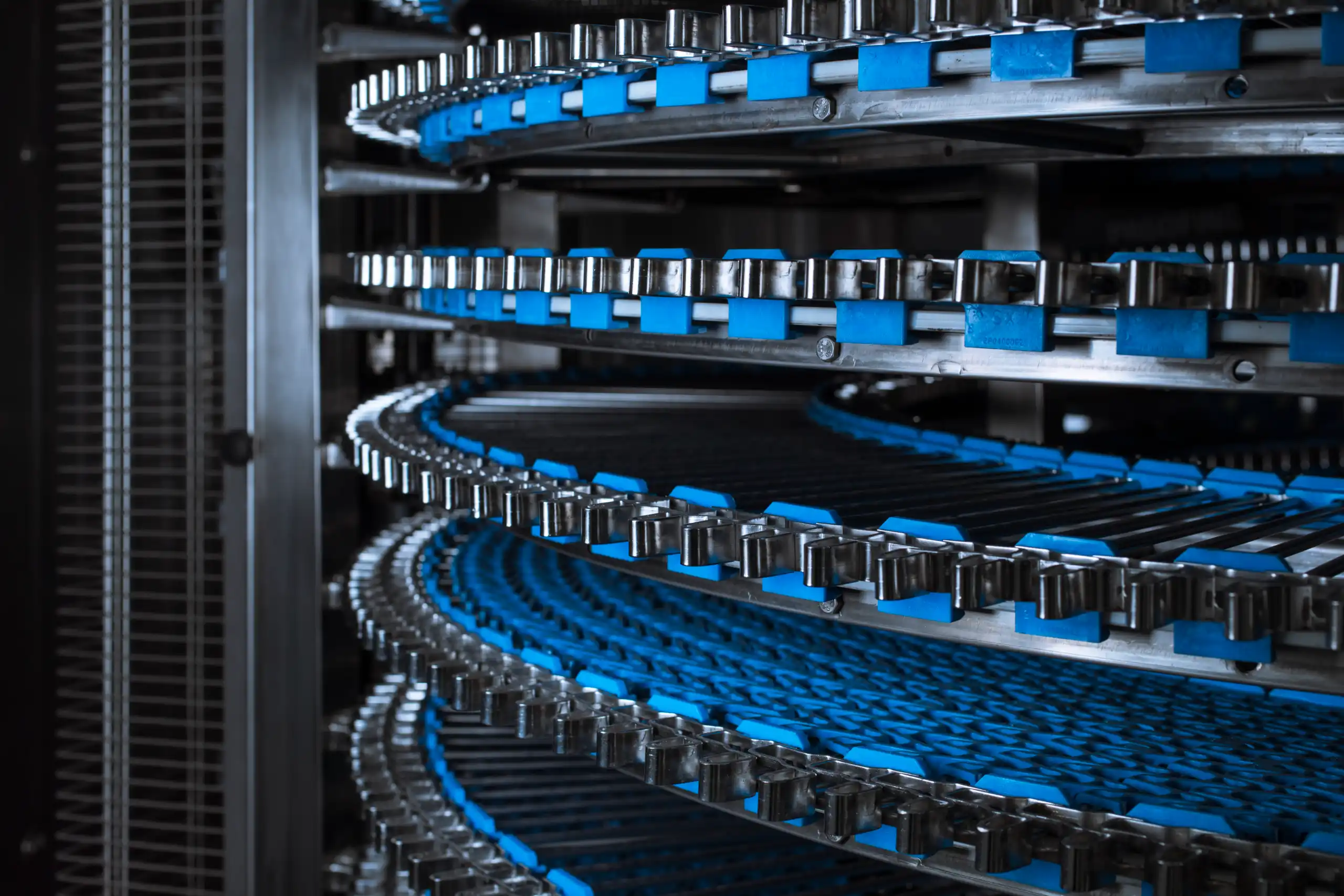
Planning in dynamic contexts: the Tecnopool case
- Difficulty in finding resources, both materials and labor?
- Is managing market demand becoming increasingly complex?
- Variability in workload planning throughout the production process, from the Technical Office to Installations?
- Are you having difficulty meeting deadlines throughout the Supply Chain?
In an uncertain, complex, and ever-changing environment, it has become a significant challenge to improve service levels, optimize production planning, manage resources, and effectively handle cash flows.
To address these issues, it is no longer enough to focus solely on improving the processes and tools used to plan workloads throughout the entire Supply Chain.
The variability of the context cannot be managed simply by copying and pasting certain Lean tools.
In such variable contexts, it is essential to work not only on processes but also on the behaviors and habits of the people who work in the company every day. When people can think differently and proactively, and especially when they consistently repeat actions that lead to different and better results than in the past, it is possible to achieve lasting results that can withstand the variability of the context.
The interesting thing is that it’s possible to improve not only the performance but also the well-being of the people working in the company!
This new way of approaching change with the accompanying improvement in business performance is what we call Lean Lifestyle, or the evolution of Lean Thinking.
Lean Lifestyle combines business needs with individual needs, combining technical excellence (processes and tools) with social excellence (behaviors and habits of people to grow, innovate, and increase business results), at the same time increasing the quality of life of people who work in the company.
In concrete terms, the start of the Lean Transformation process, interpreted and substantiated in a Lean Lifestyle key, has allowed Tecnopool, a company specialized in the design, production and installation of systems for the food industry, to effectively manage production planning and therefore cash flows.
The challenge to overcome: introducing a planning System
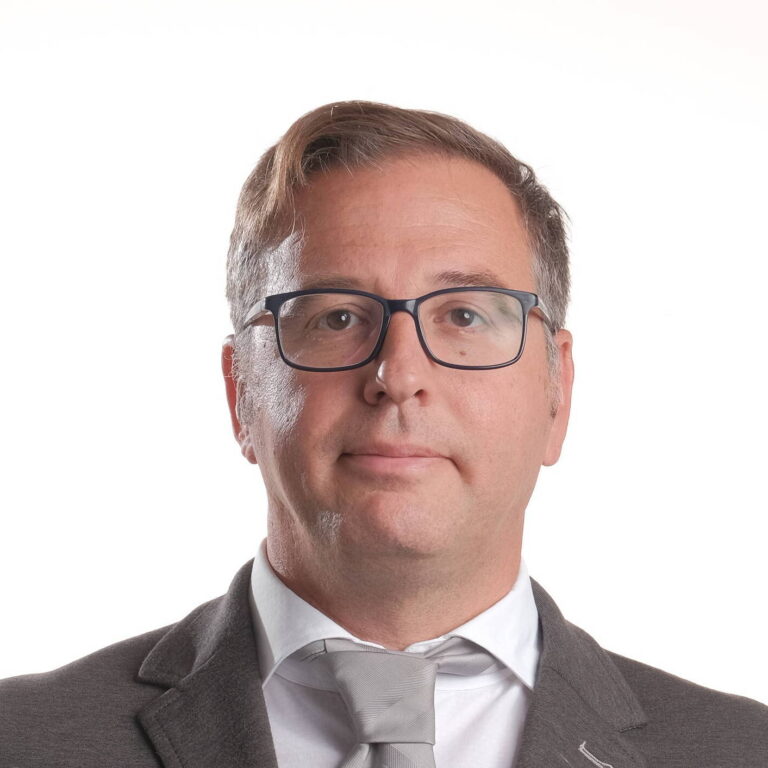
“In a market in epochal transformation, like today’s, it had become essential to implement a system of planning and control of orders that was as simple, flexible as possible and integrated between the various function managers and operational staff”, explains Umberto Pittarello, Chief Operating Officer Tecnopool.
The growing complexity of the reference market has highlighted how it is no longer possible to manage market demand simply in a reactive way as has always been done, but it becomes essential to set up and share a planning of materials and workloads along the entire Supply Chain.
Current challenges in finding resources (be they materials or manpower) have further aggravated this condition, putting compliance with order delivery times and their profitability at serious risk.
The challenge launched by Tecnopool was to improve, despite the contingent situation, the high standards of service offered to its customers, through the creation of a planning system capable of:
- Manage critical issues in advance
- Increasing the saturation of operators, both productive and the technical office
- Reduce the Work Account
- Precisely predict cash flows months in advance
- Improve communication between company functions to have shared control of the order portfolio.
The phases of the project
There were four phases of the project that characterized the creation of the Planning System in Tecnopool – under the guidance of Gianluca Losi, Lenovys partner:
- Definition of the planning process (Understanding the current situation – Identification of critical issues – Design of the future situation)
- Definition of the supporting organization (Definition of the organization – Creation of RACI of the Future State – Detailed design of the Meeting System and planning routines)
- Creation of planning tools (Definition of tool specifications: Data collection – Modeling of the product and production process – Creation of the planning tool)
- Start-up and follow-up of the planning system (Start-up of the planning system and identification of critical issues of the new process – Implementation of corrective actions – Testing of new routines for the correct functioning of the process – Support and support for new routines)
Tangible or intangible: the results obtained are concrete and sustainable!
The implementation of the new planning process guarantees Tecnopool a new ability to manage problems related to the lack, or delay, of materials and components in advance, as well as peaks in saturation or unsaturation of human resources.
This “look” forward allows you to have time to deal in advance with all the problems that could undermine compliance with deliveries, allows you to level workloads, introducing research and development projects and activities.
Cash flow has also found enormous benefit as it is now possible to keep the active cycle under control and make forecasts months in advance.
The direct and constant involvement of people in all areas of the company, together with the careful design and implementation of routines for the proper functioning of the new planning process, have allowed the company to develop human potential in terms of skills, decision-making autonomy and empowerment, and to generally increase involvement and energy between and in the various departments.
To make these results long-lasting and sustainable over time, we have not only worked on planning processes and tools. From a Lean Lifestyle perspective, emphasis was also placed on the elements of social excellence, that is, the new habits that people and the company had to adopt to increase the performance and well-being of people at the same time.
To therefore guarantee the development of people in the direction most functional to the project and to ensure the sustainability of the results over time, systems and habits have been defined capable of encouraging the daily achievement of concrete results: weekly planning routines and communication and sharing routines for greater visibility of information.

The partnership with Lenovys has allowed the achievement of multiple results: from the optimization of both internal and external production flows to the use of an activity planning and analysis system, shared between the various company departments.
People were immediately very willing to acquire change and work synergistically and this certainly influenced the success of the project.
The lack of shared information and the culture of functional silos, in fact, generates useless conflicts and does not guarantee the end customer maximum value in the shortest of time. While the customer, however, is exclusively interested in the value he receives and the times in which he finds an answer to his needs.
For this reason, companies that look at the operating model of Lean Lifestyle Companies adopt organizational models oriented towards the flow of value, with multidisciplinary, agile and autonomous teams, with people who have full responsibility for the processes or inter-functional projects entrusted to them.
Articolo a cura di:
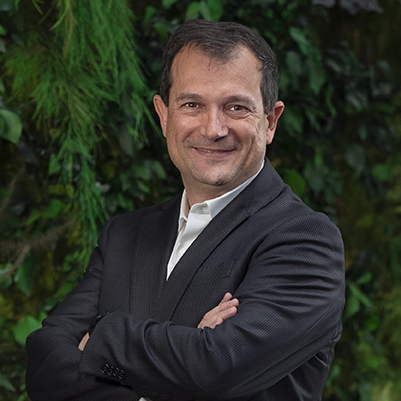
Gianluca Losi
Director
He has held senior management positions in major multinational companies and since 2002 he develops and advises on important Lean/Six Sigma and TPM transformation projects in different product sectors. He has coordinated and developed numerous consulting and training projects in both the Lean and TPM fields in Italy and abroad. Thanks to the long experience gained in consulting, he has acquired the ability to guide people and teams towards achieving objectives in multicultural and multinational contexts, collaborating synergistically with all levels of the company. He has developed excellent business planning and resource management skills to achieve increasingly challenging goals.
Read more
Prossimi eventi




